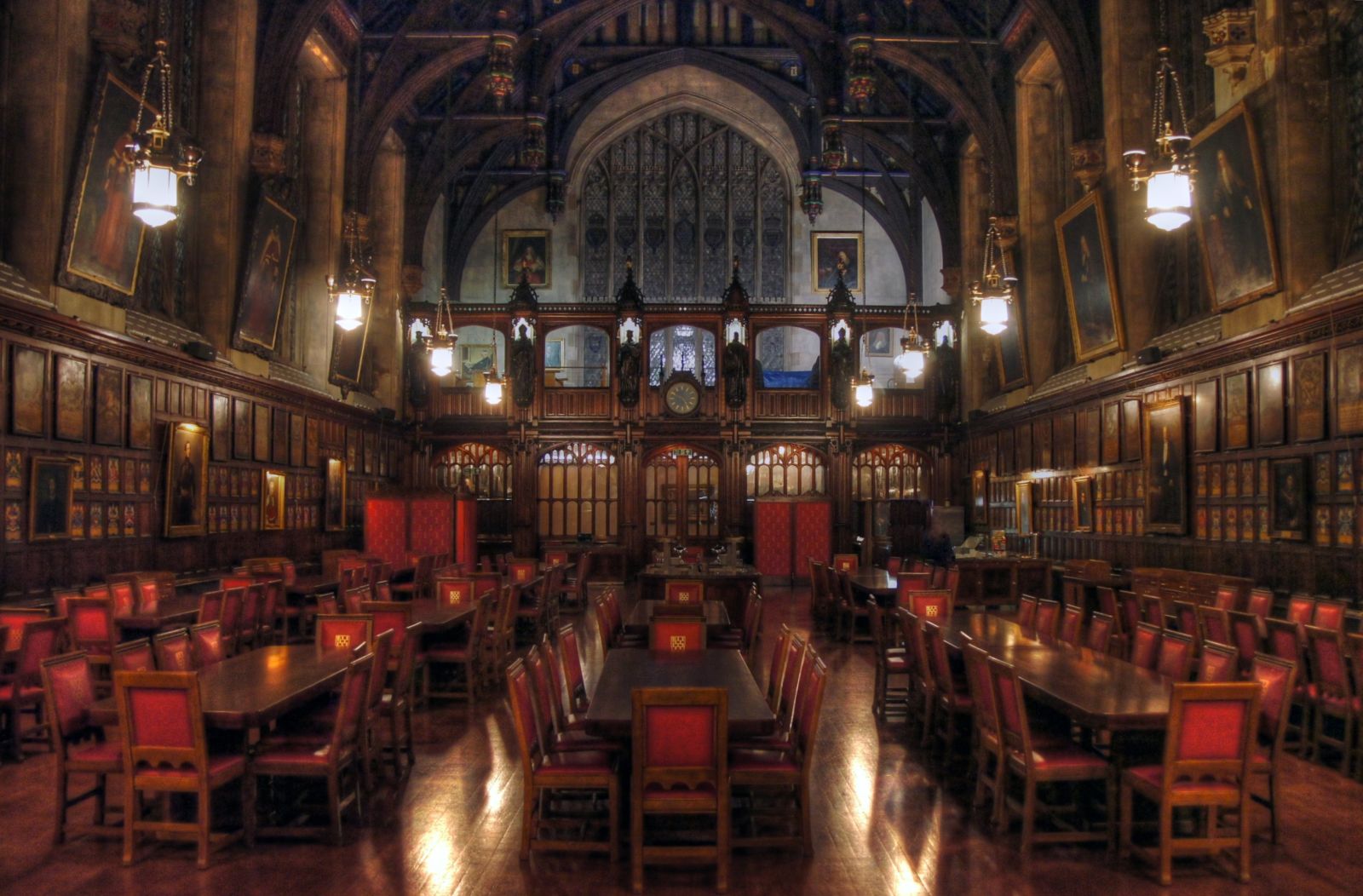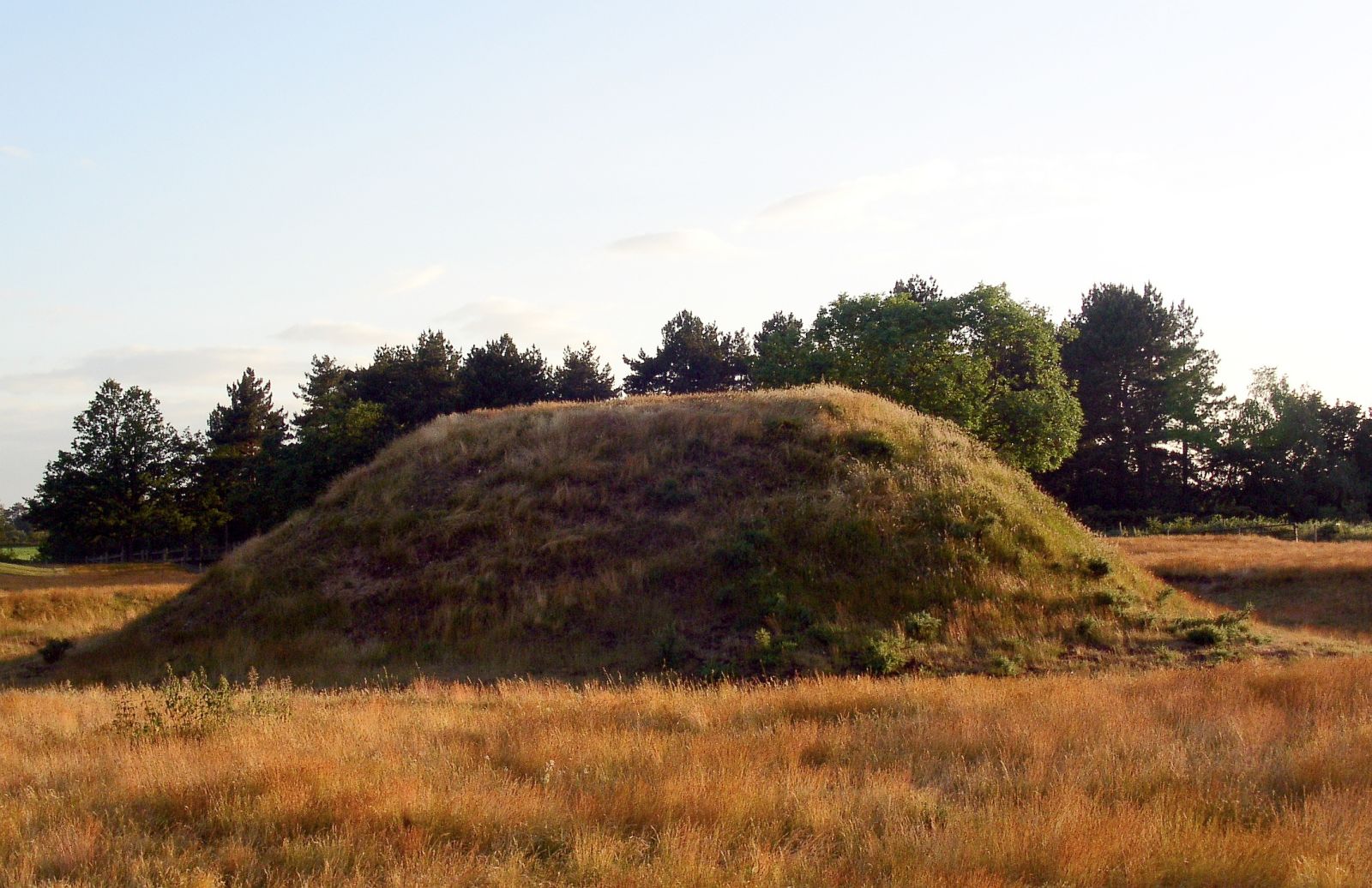‘Not belonging is a terrible feeling’

By Liz Hardie, Teaching Director, The Open University Law School
When Felicity is moved from her parent’s home in London to her grandmother’s house in Maine, USA because of the blitz in 1941, she struggles to adjust to living with new people in a strange place. In the book ‘The Romeo and Juliet Code’ (written by Phoebe Stone) Felicity explains ‘not belonging is a terrible feeling. It feels awkward and it hurts, as if you were wearing someone else’s shoes’. We all instinctively know what belonging means – and the awkwardness and pain of feeling as though you do not belong in a situation or place. We feel a sense of belonging when we are included, valued and respected by others around us and participate happily in shared experiences.
I have been thinking about belonging in a legal context recently as we get news about recent graduates who have secured a pupillage at the end of their Bar Course. At this time of the year many students are considering their future career as they move towards the end of their degree whether that be a legal career or other opportunities in the wide range of careers our graduates enter. During the spring each year we hear about whether our graduates aspiring to become barristers have been offered a pupillage and celebrate each good news story – and this year is no different with a number of notable successes.
As part of their training to become a barrister, each pupil (or trainee barrister) has to attend 12 events at their chosen Inn of Court before they qualify as a barrister. These events were previously called the ’12 dinners’ and involved all members of the Inn – judges, barristers and pupils – eating together at long tables and benches wearing robes. Paul MacGrath from the Incorporated Council of Law Reporting described it as ‘all a bit Hogwarty’.

Image: Mariusz Kluzniak, Flickr
Defenders of this centuries old tradition point to the networking it offers and the opportunity to learn from more experienced barristers, whilst critics were concerned that it excludes those who had not the shared experience of communal eating at boarding school or Oxbridge on which it appears to be based. During a review of the practice of dining in 2019, debate about the value of these dinners focused on whether they encouraged a sense of belonging to the Inns of Court or excluded people from certain backgrounds. In response the Bar Standards Board decided that going forward aspiring barristers would be required to attend 12 qualifying sessions at their chosen Inns of Court to prepare them for practice at the bar. Whilst these can include dinners, they can also involve lectures, moots or residential weekends with an educational and vocational focus. I wonder whether these will be more or less successful at encouraging graduates to feel a sense of belonging to their Inns of Court?
As an online distance learning university, I wonder about how to encourage a greater sense of belonging to our academic community amongst our law students. I was reminded recently that a sense of belonging is often related to the physical environment by Professor Alice Roberts. She was discussing prehistoric burial rituals and how the existence of long barrows and burial mounds in the landscape indicates our earliest ancestors were trying to establish their sense of belonging in the landscape they lived.

Image: Wikimedia
Physical reminders of our community - attending the Inns of Court dinners, listening to lecturers in the lecture theatre or seminars in a Law School building, going for a coffee after lectures with fellow students – are all important in building a sense of belonging. However formal and informal conversations and interactions which occur naturally face to face have to be more deliberately developed and nurtured in an online environment. In the Law School this academic year we have been looking at how these informal spaces and conversations between students and academic staff can be replicated online and whether this will encourage a greater sense of belonging.
The Law School Belonging project has therefore co-ordinated a programme of online activities for law students between December 21 and July 22 to encourage students to interact with academic staff and their peers about law and legal issues. This includes 10 online guest lectures given by academics on various aspects of law and legal skills (including lectures as diverse as Feminism, justice, art and sexual violence; The end of divorce law; Private Sponsorship of Refugees: a European perspective; and Human Rights - intersection with outer space, AI and quantum computing). We have also run 6 employability online webinars on legal and other careers and facilitated 6 student led online coffee events for students. Students are encouraged to discuss issues arising out of these events on our law forum which is open to all students studying for our law degree. This blog is also open to both academics and students and we encourage all staff and students to submit blogs for publication on topics of interest to them.
We welcome any thoughts or feedback on whether you feel part of an academic community and how we can better encourage a sense of belonging to our online community so please do contact us. I hope our students will feel part of an academic community of staff and peers within the OU Law School, rather than an outsider like Felicity or former trainee barristers dining at the Inns of Court.

Liz Hardie
Liz is Teaching Director and Senior Lecturer of The Open University Law School. She also works for the Open Justice Centre supporting law students to carry out pro bono projects.
She is particularly interested in online learning and the use of technology in legal education.